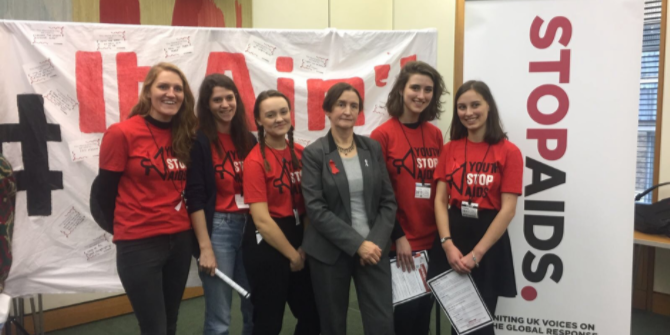We asked some of our key employer contacts what they thought made a written application stand out – have a look below and get your applications in shape! You can also take a look at previous post including comments from Demos, McKinsey & Company, NATO Parliamentary Assembly and many more.
Teach First
Ko Amirthamoorthy, Campus Recruitment Officer
One thing that I think will make a student stand out is the ability to demonstrate the competencies required by the firms (at least in Teach First) using strong examples from their work experience, volunteering etc. Sometimes students reserve good examples for their interview but it is important to convey them in the applications too!
Standard Chartered
Dave Andrews, Graduate and Internship Programme Manager
The most successful written applications provide between five and eight separate and distinct answers to each question posed by the employer. It seems like a lot but employers tend to highlight the significant proportion of desired strengths or competencies on their website, and in their marketing. The key is to make sure you are evidencing each of those strengths or competencies, or indeed cultural traits, across your answers. More often than not, it’s a case of meeting the required bench mark in a written application, then really shining at interview. Good luck everyone!
Hanover Communications
Alice Wisbey, Recruitment Manager
Pull out some skill requirements from the job specification and use examples to demonstrate how your knowledge or experience relates to that skill and subsequently the role you’re applying for.
To give some context, often cover letters etc. don’t actually give the hiring/recruitment manager any insight but if someone has clearly read through the spec, pulls out maybe one or two responsibilities or phrases and then relates that to a past role or experience to help us understand why they are suited to that position, that always really stands out. For instance, a very simple example might be the importance of having relevant PR contacts and the candidate might say they built those contacts themselves etc.
RBS
Carly McOscar, Recruitment Operations Manager
Preparation is everything: always read the question carefully and answer what you are asked! Do your research; recruiters want to know that you have researched the organisation and the role you are applying for.
Capgemini
Arron Plant, Associate Consultant
Sadly, there is no magic formula to creating the perfect application form, but there are different tools that you can use to make sure you impress, and leave the person reading your application wanting to learn more about you. The first thing you need to do is research the company and the graduate programme. Building an awareness of this will allow you to start understanding more about the company and the culture to make sure not just that you are the right fit for them, but that they are the right fit for you.
Nearly half of applications forms are rejected because of basic errors in spelling and grammar. That means that if you can successfully complete your application and avoid these simple mistakes then you have already surpassed a large proportion of candidates. Using simple, but positive language appropriately to showcase your talent and experience will stand you in very good stead. In getting the basics right you are demonstrating an ability to write clearly and appropriately without making errors, which despite being straightforward, is actually a very valuable skill to have.
Clyde & Co
Rebecca Babb, Senior Graduate Executive
Make sure you tailor your application to the firm to which you are applying. If a recruiter can take your answer as to why you want to work for the firm and paste the answer into another firm’s application form, and this applies, the answer is not specific enough. Students should take their time to research their chosen firm (and industry sector) as much as possible, the key practice areas/sectors of the firm, their clients, how they have helped their clients, and the nature of the training contract at that firm so that they can use this to demonstrate why they want to join that specific firm and can ensure their application is tailored to the firm to whom they are applying.
Oxera
Maria Farias, HR Officer
Include as much detail as possible re: the degrees the candidate has completed (or is completing), including modules studied (or that they’re going to study) and grades. It is also important to show a clear understanding of what we do at Oxera and what skills they will bring to the business. How will they make a difference?
The Boston Consulting Group
Kevin Kilpatrick, Associate
First, make sure to allocate the ample space on your CV that your extra-curriculars/passions deserve, they are just as important to us as any internships or work experience you have. Secondly, when providing detail on your CV, it’s helpful for us to see a quantifiable impact you’ve made. As a simple example, if you are the President of a society, by highlighting some of your initiatives, along with the number of members you have and how that has changed since your involvement, is an easy way to show us an effect you’ve had.
Citi Group
Alicia Ramezan, EMEA Campus Relationship Manager
Tailor your cover letter to every role that you apply to; demonstrating your motivation for the company and role/division in question will be paramount to standing out against other applicants in the online application and interview stage. Remember, your interviewer could also be your future line manager, so you need to convince them that you know what you’re getting yourself into and are doing so willingly. Show curiosity and passion for the opportunity in front of you, and always ask a question when given the chance to – failure to speak up in that moment can translate to disinterest on your part which will not help you make that all-important positive first impression.






2 Comments